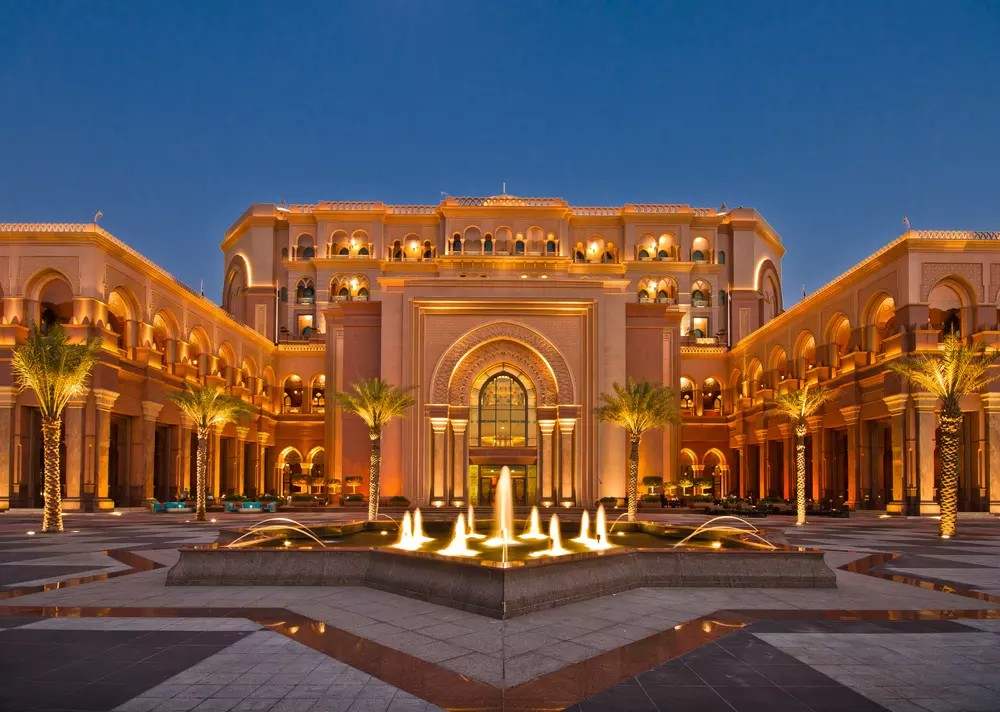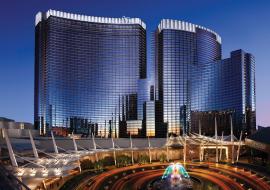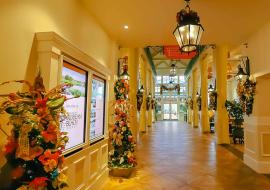Luxury Hotel Market Set to Hit $181.5 Billion by 2034

The global luxury hotel market is on a robust growth trajectory, with projections placing its value at $181.5 billion by 2034, according to a new study by Allied Market Research. Valued at $113.1 billion in 2024, the sector is expected to expand at a compound annual growth rate (CAGR) of 4.9% from 2025 to 2034, fueled by evolving traveler expectations and lifestyle trends.
A significant driver behind this upward trend is the growing phenomenon of “bleisure”—a blend of business and leisure travel. Today’s travelers demand more than just efficiency; they seek seamless digital connectivity, wellness-focused services, and high-end gastronomy, all within a curated and personalized hotel experience. Luxury hotels have adapted to this shift by offering tailored services that merge work, relaxation, and local culture under one roof.
While the outlook remains positive, the sector faces persistent headwinds, including uncertain visa policies and health-related travel restrictions in certain regions. These continue to pose challenges to long-term travel planning. Nevertheless, the resilience of the luxury segment stands out—it recovered more swiftly than other categories after the pandemic, aided by its clear focus on experience differentiation and value.
The market is currently led by hotels targeting business travelers, followed by airport hotels, resorts, and independent luxury properties. In terms of market dominance, global hotel groups such as Marriott, Hilton, Hyatt, and Accor maintain a stronghold thanks to their expansive networks, loyalty programs, and investment in innovation.
Latin America, although a smaller player in the global market, is experiencing faster-than-average growth. The region generated approximately $8.672 billion in luxury hotel revenue in 2024 and is expected to grow at 7.6% annually, outpacing global trends. Countries like Mexico, Colombia, Peru, Brazil, and the Dominican Republic are leading the expansion, with over 26,000 luxury hotel rooms under development by year-end.
Emerging luxury trends in Latin America reflect a global appetite for authenticity, sustainability, and personalized wellness, but with a regional twist. High-end travelers, particularly millennials and Gen Z from Latin America, are gravitating toward transformational travel, multigenerational stays, and immersive experiences that engage with indigenous cultures and local design.
As a result, the luxury hotel segment is not only thriving but is also reshaping the standards of hospitality worldwide, redefining how affluent travelers perceive and engage with the world around them.
Ask ChatGPT














